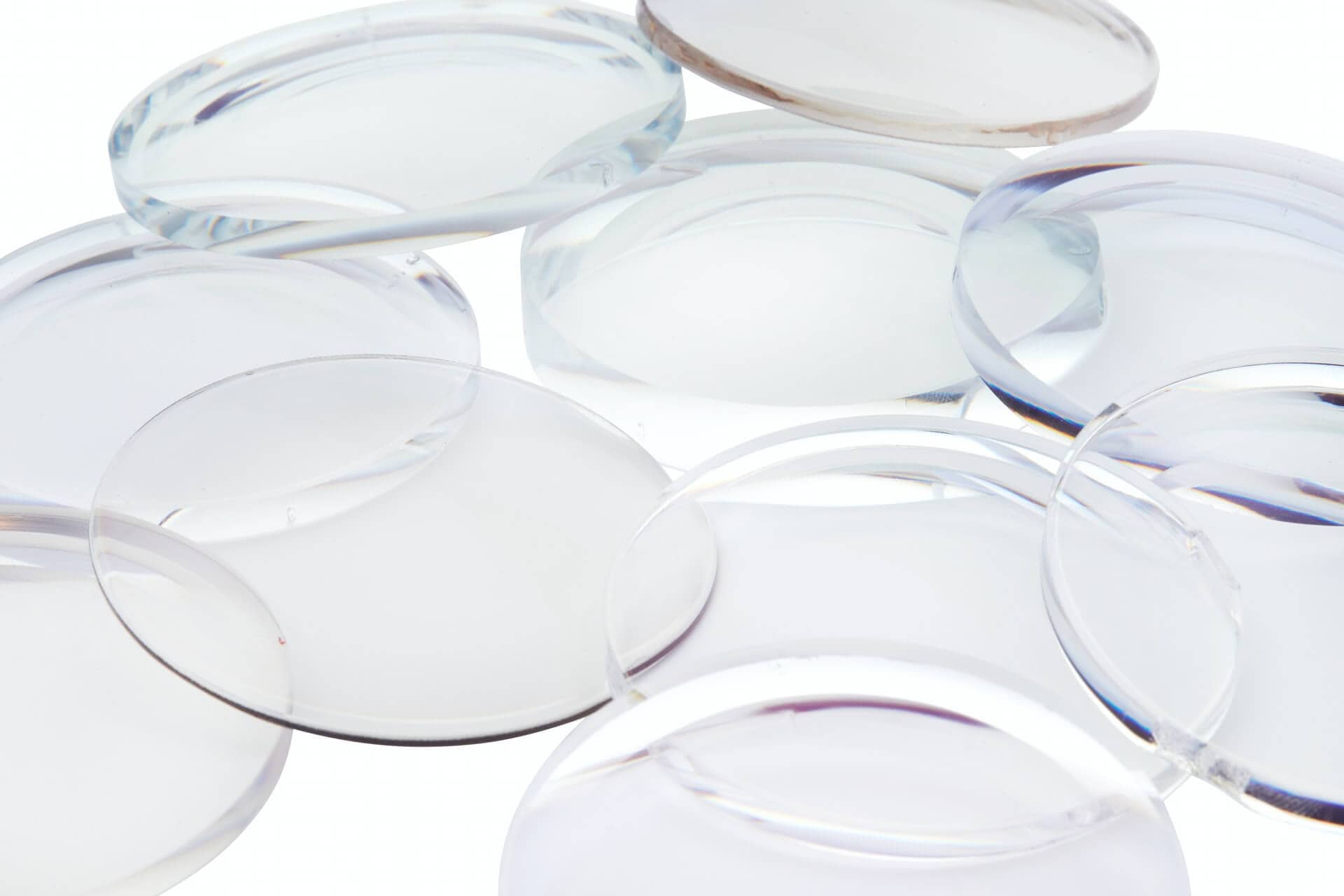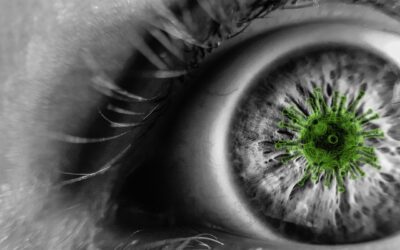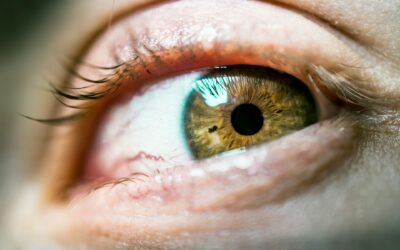A new development in contact lenses in the past few years has been the surge of uses for scleral contact lenses. These contacts are a specialty contact lens which are ordered specifically for your eyes based on an eye exam and measurements.
History of Scleral Contact Lenses
The earliest development of contact lenses over one hundred years ago were large, hard contact lenses which rested on the white of the eyes.
These historic contact lenses became less popular as smaller and soft contact lenses became more apparent and common.
However, new technologies have been developed that can allow scleral contact lenses to provide great vision and great comfort for many individuals.
Size and Shape of Scleral Contact Lenses
A scleral contact lens is much larger than a typical soft contact lens. This is designed to sit over the cornea and rest on the sclera, or white of the eye.
Most scleral contact lenses are at least 14 millimeters in diameter, while many soft contact lenses are only 8 millimeters in diameter.
A unique feature of scleral contact lenses is the ability to customize the contact lenses.
Since scleral contact lenses are ordered specifically for each patient, certain changes can be made to allow the scleral contact lens to fit better and provide the best possible vision.
Some of these specific changes may cause the scleral contact lens to have a slightly abnormal shape to accommodate for different eye conditions.
A scleral contact lens may or may not be completely round or even on the edges. These are not defects, rather these are changes made by your eye doctor to fit your eyes better!
Who Needs a Scleral Contact Lens?
While scleral contact lenses are becoming more popular, the soft style contact lenses are still vastly more common.
As scleral contact lenses are considerably more expensive and harder to learn to wear, only certain individuals will need to pursue scleral contact lenses.
The most common reason for needing scleral contact lenses is a corneal condition such as keratoconus, pellucid marginal degeneration, or a previous corneal transplant.
Another reason for needing scleral contact lenses is having dry eyes which do not respond well to any other treatments.
Scleral Contact Lenses for Keratoconus
Keratoconus is a progressive corneal condition in which the center portion of the cornea becomes thin and forms a protruding cone.
Since the cornea is no longer uniform, a soft contact lens will work provide clear vision for these patients.
Keratoconus also creates blurry vision that cannot be corrected with glasses, making scleral contact lenses the prominent treatment.
Many scleral contact lenses are created specifically for keratoconus patients and have built in characteristics which allow for better vision.
How to Get Scleral Contact Lenses
Scleral contact lenses require a prescription from an eye doctor trained in fitting specialty contact lenses.
It is best to consult with your current eye doctor to find out if scleral contact lenses would be a good option for you and where the nearest or best eye doctor who fits specialty contact lenses is located.





